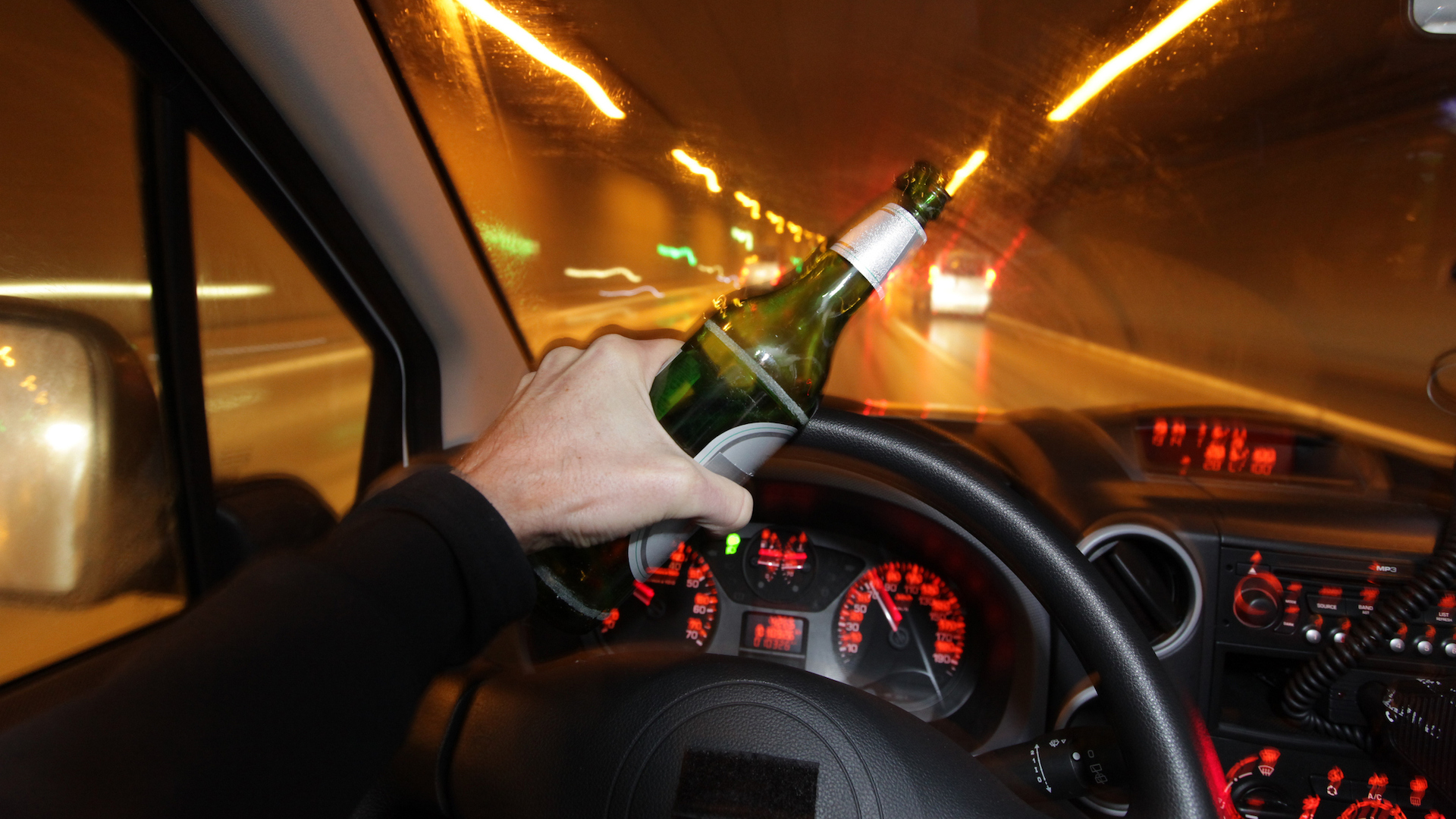

Lawmakers are looking to push automakers into fitting U.S.-specification cars with alcohol detection devices as standard equipment in an attempt to curb drunk driving.
According to The Washington Post, the mandate, initiated by a proposal backed by the Mothers Against Drunk Driving (MADD), would require automakers to equip these detection devices to new vehicles as standard safety tech, similarly to how the government mandates that all new cars come with reverse cameras, seat belts, and airbags. The ultimatum of the inquiry is to make the devices standard equipment like airbags.
The alcohol detection device would be based on current breathalyzer technology. If it detected that the driver’s blood-alcohol level was beyond the legal limit, the system would prevent the car from starting or lockout the transmission shifter to prevent the driver from driving away.
Currently, the government relies on retrofitting ignition interlocks for drivers charged or convicted of driving under the influence of alcohol, especially if they’re frequent offenders. The new device would use similar but newer technology that supposedly can detect precise readings of blood-alcohol levels instantaneously. So far, pilot programs have launched in the states of Virginia and Maryland.
Since the proposal, a number of senators and safe-driving advocate groups backed the pitch with support provided by The Reduce Impaired Driving for Everyone Act, or “RIDE Act.” The RIDE Act would funnel more funding, approximately $25 million in federal funds, to aid the research, development, and testing process of the proposed technology. Additionally, bipartisan sponsorship has since rolled in by way of Senators Tom Udal (D-N.M.) and Rick Scott (R-Fla.), while the industry-based Auto Alliance group also supported the measure.
The Auto Alliance has expressed concern about the timeline regarding the implementation of the technology, however, emphasizing that the technology needs to be perfected before it can be rolled out. This is due to the fact that law regarding driving restrictions based on blood-alcohol levels vary by state.
Thus far, the National Highway Traffic Safety Administration spent around $50 million in total to research and develop in-car technology that can detect impaired drivers reliably and in a swift manner.
In 2017, nearly 11,000 people lost their lives to drunk drivers that year alone, according to the NHTSA, or one death roughly every 48 minutes.